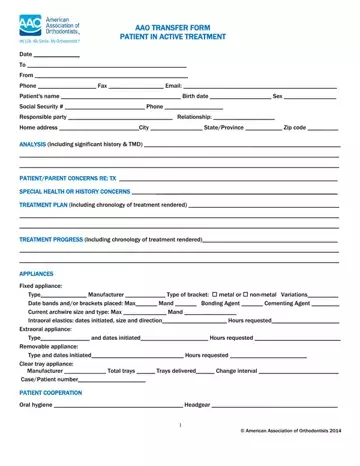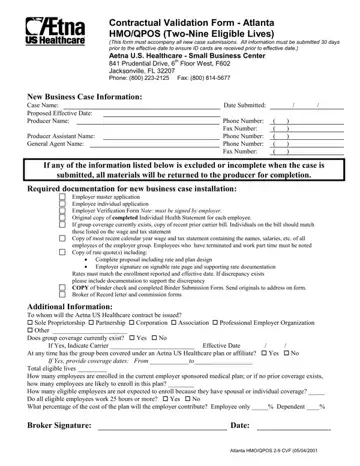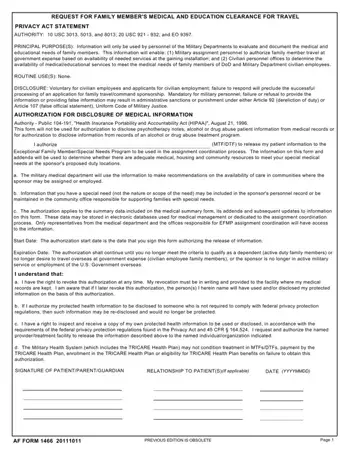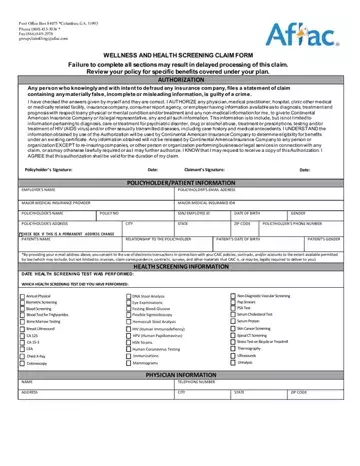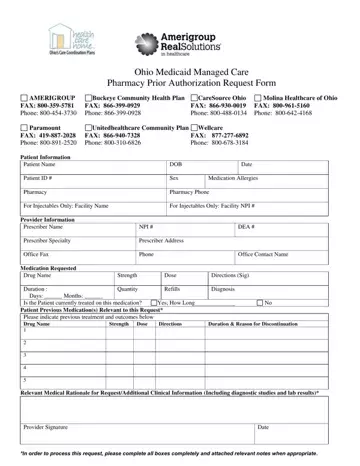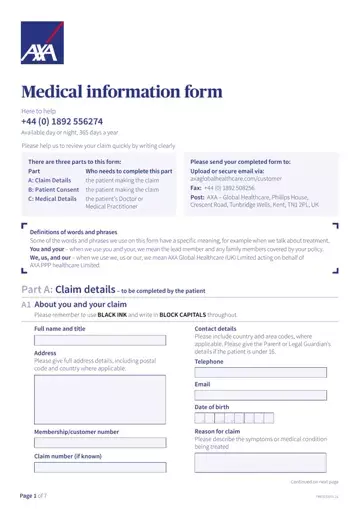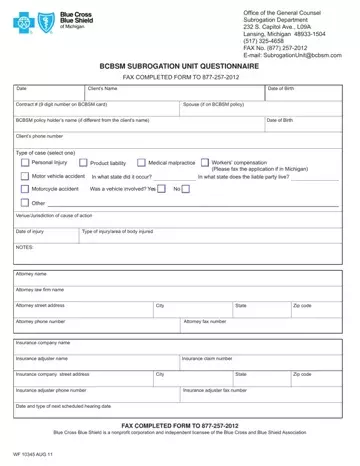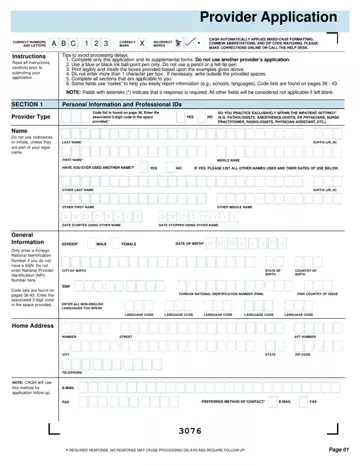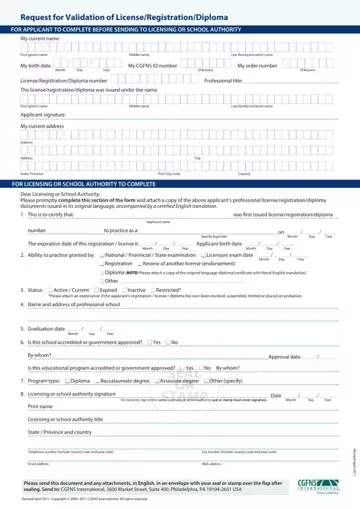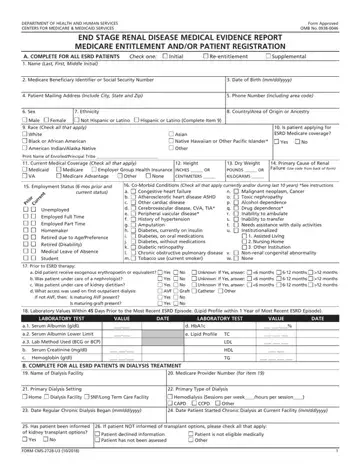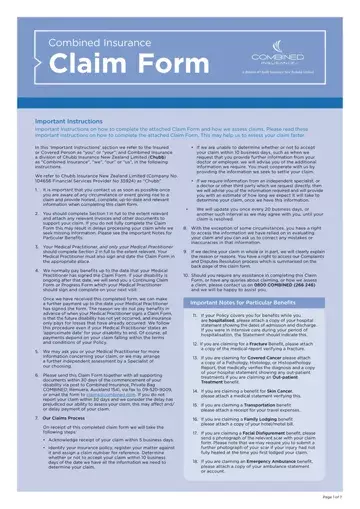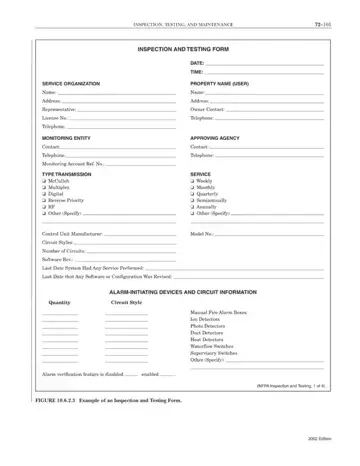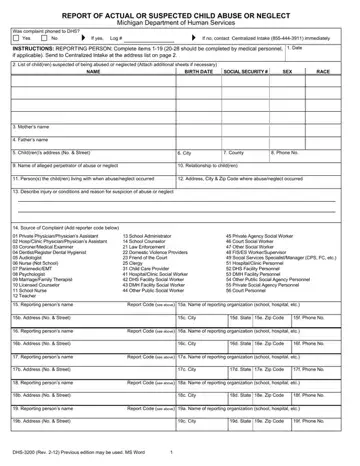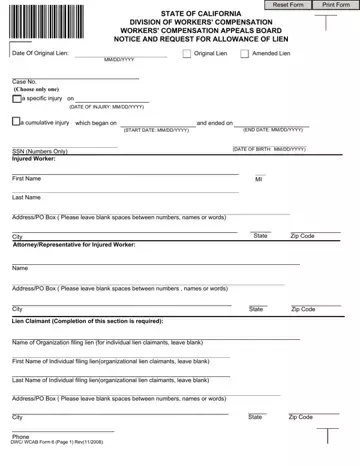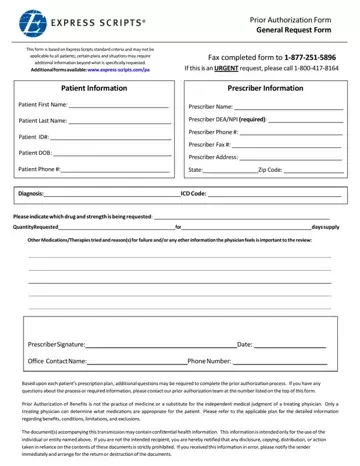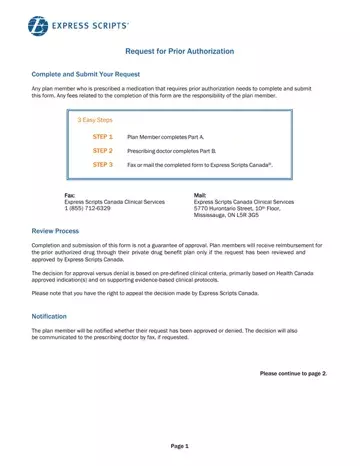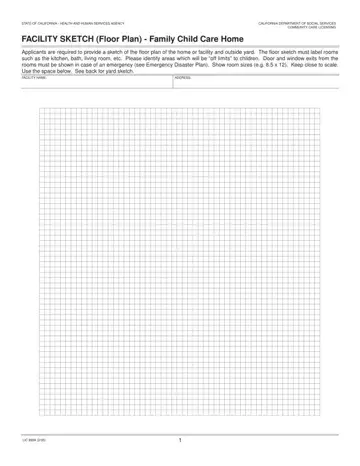Health PDF Forms
There are many different health forms that you may need to fill out, depending on your situation. Some of the most common health forms include the family medical history form, the insurance claim form, and the doctor's office visit form. Each of these forms can be important in helping to ensure that you get the best care possible. Make sure to fill out any necessary health forms accurately and completely so that your provider has all the information they need. Here are the most commonly used health-related forms: Living Will ≡ Health POA ≡ Medical Release Form ≡ DNR Form ≡ Child Medical Consent Form
